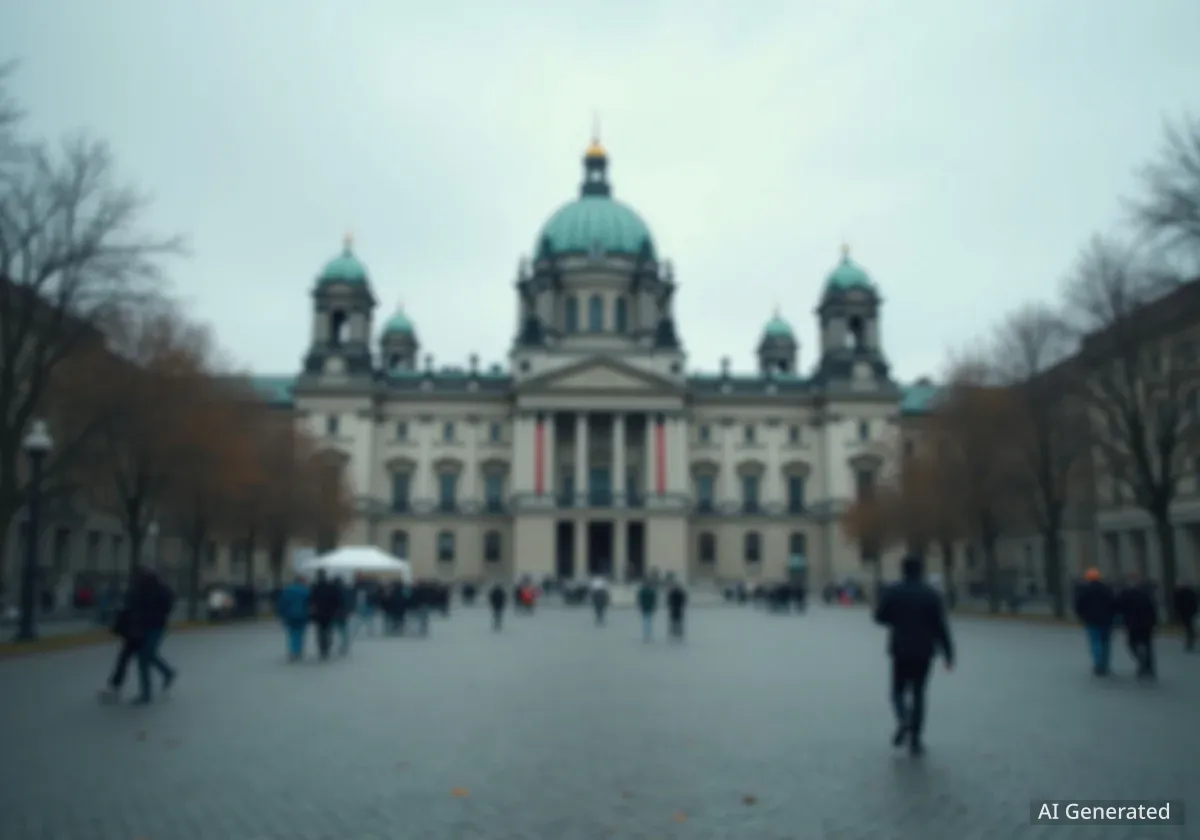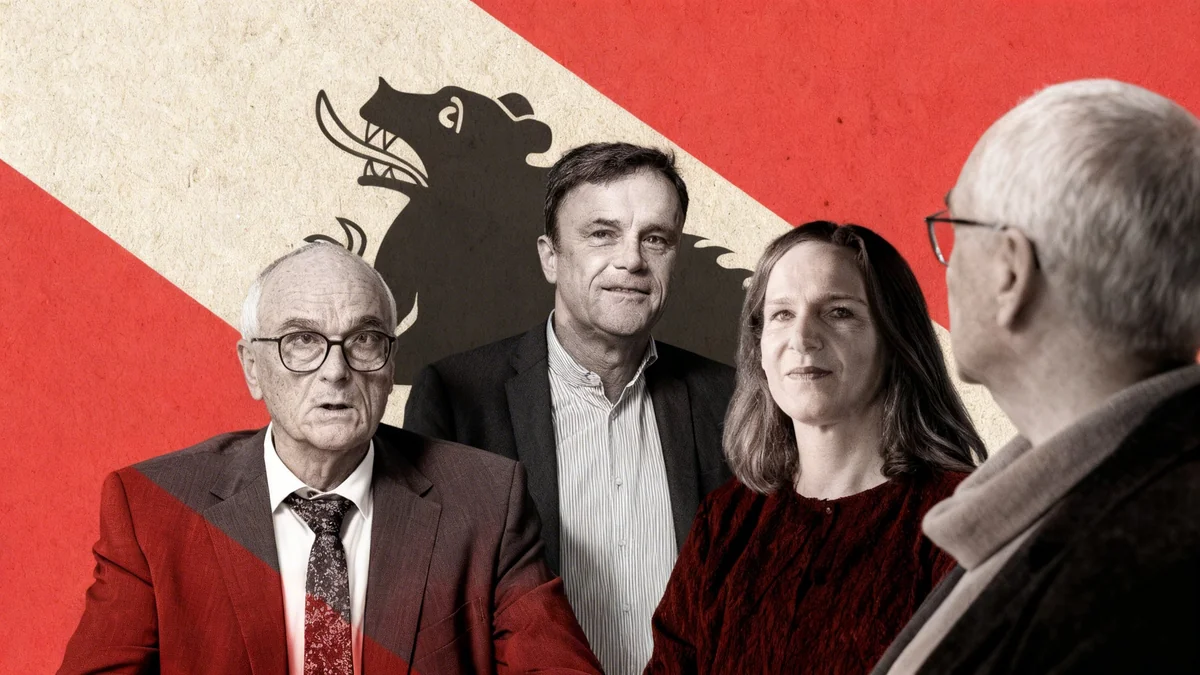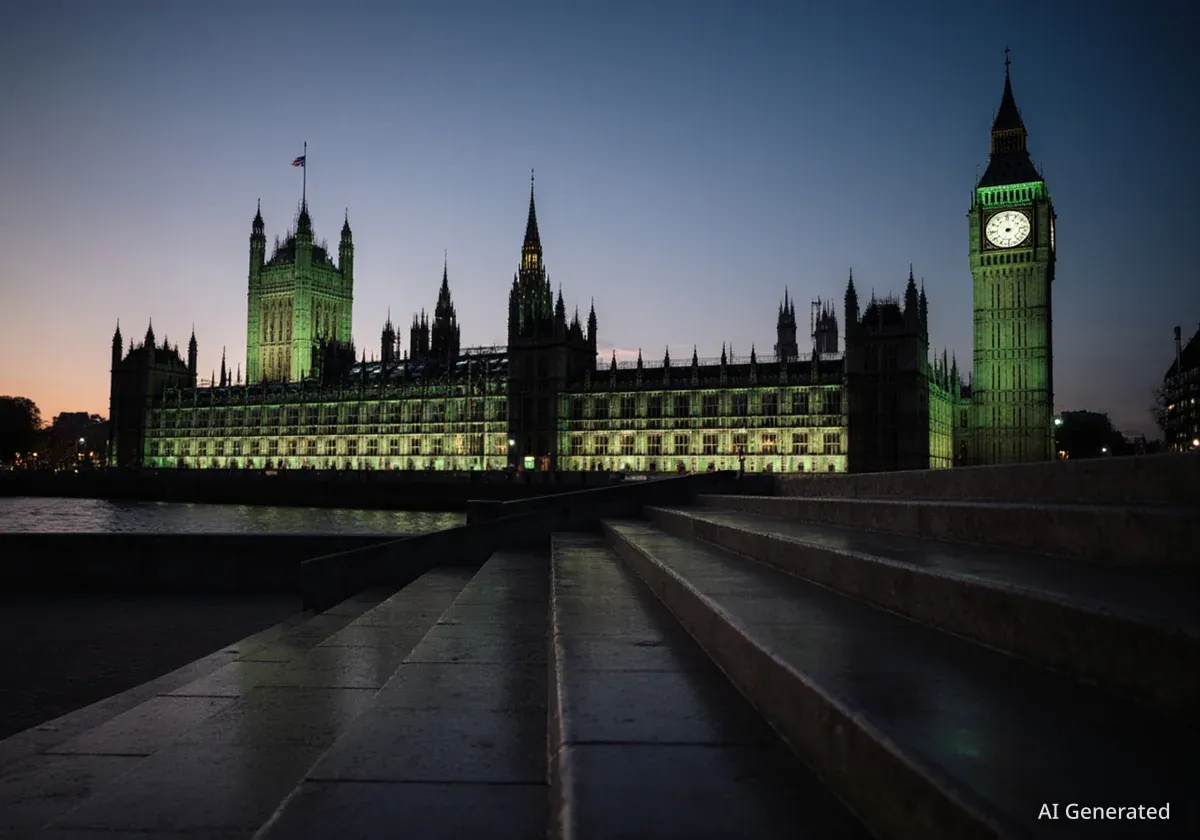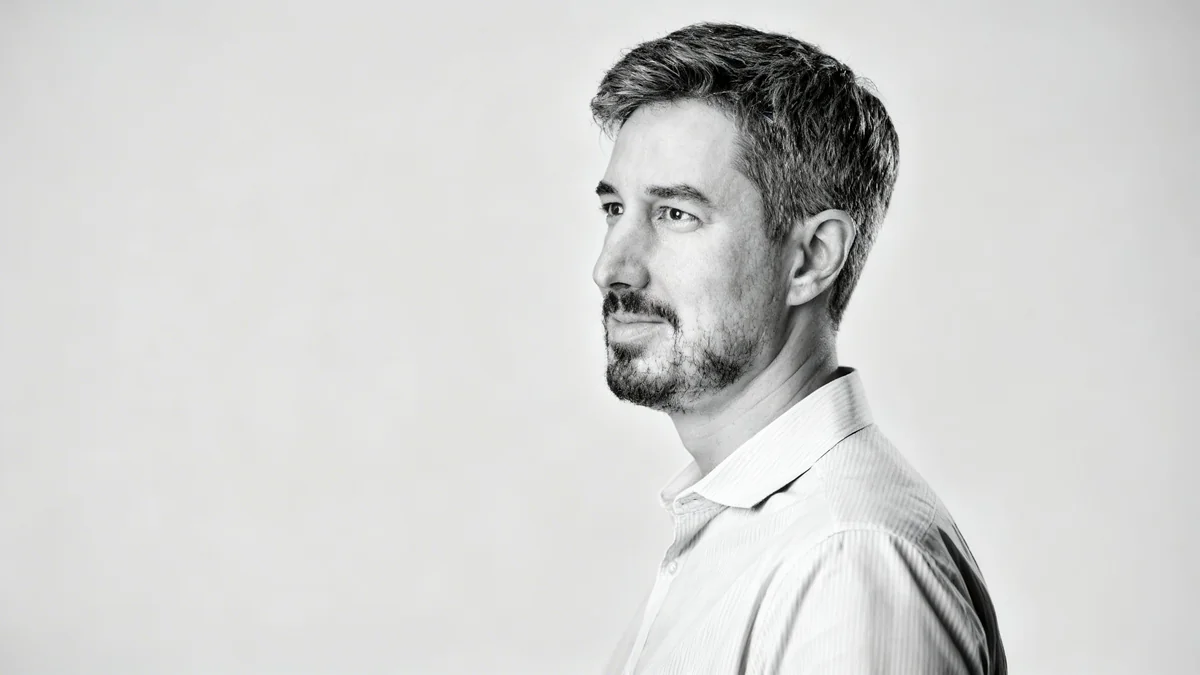Bern, Switzerland's political capital, serves as a vital platform for democratic discourse. However, recent unauthorized demonstrations have highlighted the complexities of maintaining public order while upholding freedom of expression. City Council member Melanie Mettler emphasizes that Bern is a place where democracy is actively practiced, not where it fails, even amidst challenging events.
Key Takeaways
- Bern is the political center of Switzerland, where major democratic discussions occur.
- Recent unauthorized protests resulted in injuries to 18 police officers and significant property damage.
- Authorities identified 536 individuals involved in the demonstrations.
- Melanie Mettler (GLP) argues that blaming Bern's political landscape for violence is dangerous and undermines democratic trust.
- The city remains committed to fostering respectful debate and peaceful democratic practices.
Unauthorized Protests Lead to Injuries and Damage
Last Saturday, several thousand individuals participated in an unauthorized and unorganized demonstration in Bern. While authorities expressed willingness to allow peaceful gatherings on Bundesplatz, Switzerland's most significant political square, a segment of violent extremists engaged in clashes with security forces. This confrontation led to considerable disruption and damage within the city center.
The aftermath of the demonstration revealed significant harm. Eighteen police officers sustained injuries during the clashes. Additionally, shattered glass and destruction were observed in the historic arcades, known as Lauben. A 500-year-old restaurant narrowly avoided a fire, saved only by fortunate circumstances. These incidents underscore the serious consequences when protests turn violent.
Key Incident Figures
- 18 police officers injured.
- 536 individuals identified by police for further investigation.
- A 500-year-old restaurant almost caught fire.
- Damage reported in Bern's historic Lauben area.
Impact on Democratic Debate Culture
Melanie Mettler, a member of the Green Liberal Party (GLP) and Bern's City Council member for Finance, Personnel, and IT since 2025, stresses the negative impact of violence on democratic processes. "Violence, regardless of its nature, always harms the culture of democratic debate," Mettler states. She adds that it weakens the core strength of Switzerland: the open and respectful exchange of diverse opinions.
"The city of Bern is not where democracy fails. It is where it is practiced daily." - Melanie Mettler (GLP)
Mettler also points out a concerning trend in public discourse. She notes that discussions often incorrectly link the political majority in Bern to the root causes of violent extremism. This simplification, she argues, is highly dangerous. It ignores the fundamental truth that violence is a rejection of politics, not a political program itself. Blaming Bern as a scapegoat risks eroding trust in the country's democratic system.
The Role of Bern as a Political Capital
Bern's status as the political capital means it is where the major questions facing Swiss democracy are debated. When events like last Saturday's unrest occur, the city immediately draws national attention. This focus highlights both the city's importance and the challenges it faces in managing diverse public expressions.
Bern's Democratic Heritage
Bern serves as the federal capital of Switzerland. It is home to the Federal Palace, where the Federal Assembly (parliament) and the Federal Council (government) meet. This central role makes it a natural focal point for national debates, demonstrations, and political gatherings.
According to Mettler, Bern is a place of constant engagement, representing the entire country. Citizens benefit from this dynamic environment. Democratic responsibility, especially after disruptive events, involves discussing ways to foster greater respect, cohesion, and freedom within society. This approach ensures that Bern, and by extension Switzerland, remains a place of vibrant, peaceful democracy.
Moving Forward: Fostering Respect and Cohesion
The authorities' response to the unauthorized demonstration included recording the personal details of 536 individuals. These details were then forwarded to the criminal authorities for further action. This step underscores the commitment to upholding law and order while respecting the right to peaceful assembly.
The events serve as a reminder that maintaining a healthy democratic culture requires constant effort. It involves both allowing free expression and ensuring that such expression does not devolve into violence or endanger public safety. The balance between these principles is crucial for any functioning democracy.
Challenges and Opportunities for Dialogue
The incidents in Bern present both challenges and opportunities. The challenges lie in preventing future violence and holding those responsible accountable. The opportunities, however, are in strengthening dialogue and promoting understanding among different groups. This includes engaging with citizens to reinforce the values of respectful debate and peaceful protest.
Ultimately, Bern's role as a democratic hub means it will continue to be a stage for various viewpoints. The city's ability to manage these expressions, uphold law, and promote civil discourse will define its ongoing success as the political heart of Switzerland.




